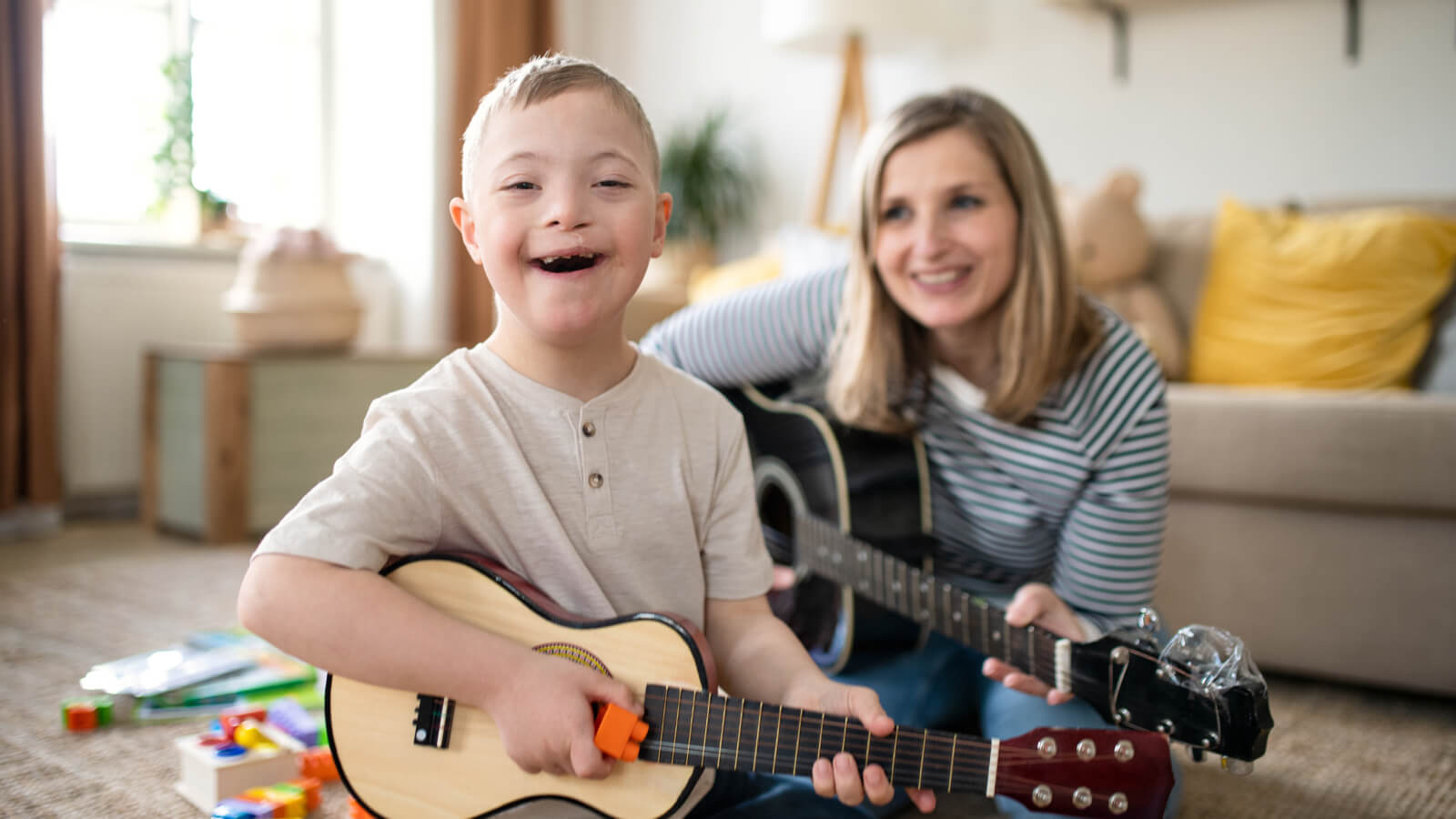
Music therapy is a therapeutic approach that utilizes the elements of music to promote healing, emotional expression, and overall well-being. It is conducted by trained music therapists who use various musical interventions to address the physical, emotional, cognitive, and social needs of individuals. Here are key aspects related to music therapy:
1. Therapeutic Goals:
- Emotional Expression: Providing a creative outlet for individuals to express and process emotions.
- Cognitive Stimulation: Engaging cognitive functions through activities like singing, playing instruments, and rhythm exercises.
- Physical Rehabilitation: Using music to facilitate movement and coordination in physical rehabilitation.
- Social Interaction: Promoting social skills and communication through group music-making.
2. Music Therapists:
- Trained Professionals: Music therapists are trained professionals with a background in music and additional training in therapeutic techniques.
- Assessment and Planning: Conducting assessments to understand individual needs and planning tailored interventions.
3. Music Therapy Techniques:
- Listening to Music: Using pre-recorded music for relaxation, mood regulation, or reminiscence.
- Active Music-Making: Engaging individuals in playing instruments, singing, or composing music.
- Songwriting: Encouraging individuals to write and perform their own songs, expressing personal experiences.
- Improvisation: Spontaneous musical creation, allowing for free expression.
4. Applicability:
- Mental Health: Effective for individuals dealing with anxiety, depression, and trauma.
- Physical Health: Used in healthcare settings for pain management, rehabilitation, and stress reduction.
- Developmental Disorders: Beneficial for individuals with autism, ADHD, and other developmental challenges.
5. Settings for Music Therapy:
- Healthcare Facilities: Hospitals, rehabilitation centers, and hospices.
- Educational Institutions: Schools, special education programs.
- Community Settings: Group homes, community centers.
6. Individual and Group Sessions:
- Individual Therapy: Tailored sessions for addressing specific needs of an individual.
- Group Therapy: Promoting social interaction and peer support through shared musical experiences.
7. Therapeutic Relationship:
- Trust and Rapport: Building a trusting relationship between the music therapist and the individual or group.
- Adaptability: Adapting interventions based on the individual’s responses and needs.
8. Evidence-Based Practice:
- Research Support: Growing body of research supporting the effectiveness of music therapy in various clinical and non-clinical settings.
- Professional Standards: Adherence to professional standards and ethical guidelines in the practice of music therapy.
9. Cultural Sensitivity:
- Inclusive Approach: Incorporating a diverse range of musical styles and cultural elements to cater to individual preferences and backgrounds.
Music therapy harnesses the universal language of music to address a wide range of physical, emotional, and cognitive needs. It is recognized as a valuable complementary approach in healthcare and rehabilitation, promoting holistic well-being.
